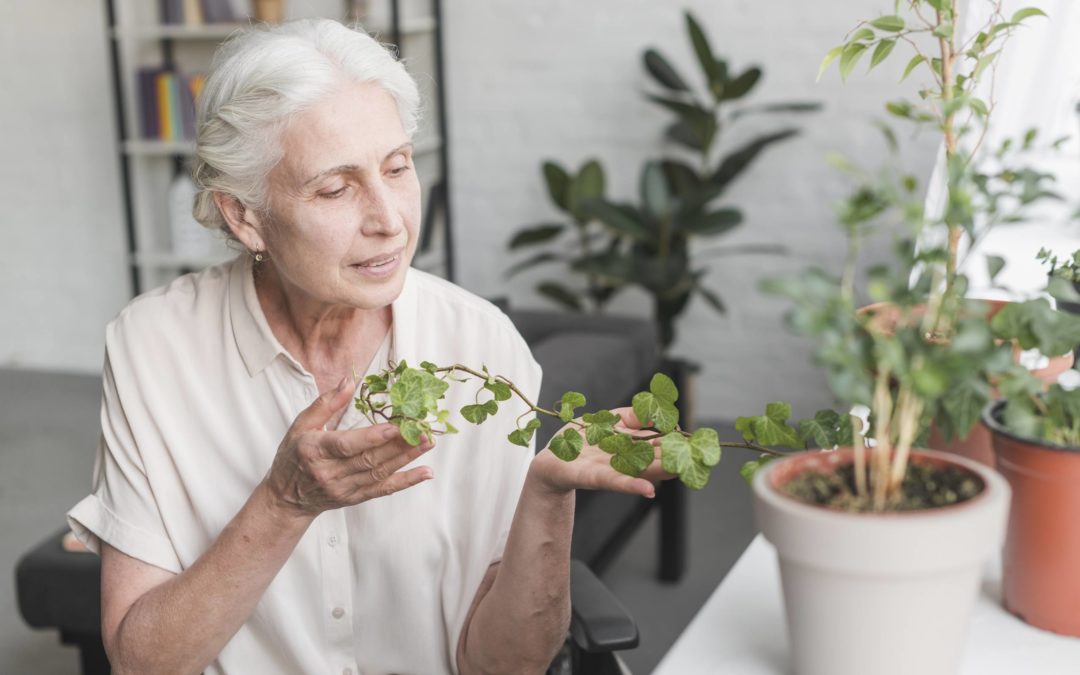“I’m waiting for my parents to come and visit me, I’m sure they’ll be here soon,” says a woman in her late 80s, eagerly craning her neck to get a better view of the door. Those caring for people with advancing dementia, particularly those who are not specially trained in this type of care, may find themselves at a loss as to how best to respond when facing similar situations on a daily basis.
“People who are not experienced in dementia care often grapple with a number of dilemmas when communicating with loved ones living with memory loss and cognitive decline arising from dementia,” says Corlia Schutte, occupational therapist at the Livewell Village in Bryanston.
Livewell Villages is an organisation that specialises in providing residential and respite care for people with dementia at its villages in Somerset West and Bryanston.
“Sensitivity is key when interacting with people with dementia. It is important to respect their reality, however it would also not be respectful to be dishonest with them. It can be a challenge to find the right balance, especially for families caring for a loved one with dementia in the home environment.”
In the hypothetical example of an elderly person whose parents passed away decades ago, Schutte notes that there is nothing to be gained from repeatedly breaking the news to her that her parents have died.
“Each time a person with dementia is told that a loved one they expect to see has died, they experience the loss as if for the first time. There is nothing to be gained from repeating this trauma over and over again. However, it is also not constructive to tell a lie simply to placate the person.”
In such a situation, Schutte advises that it can be helpful to try to find words that are honest yet reassuring.
“I would perhaps respond without giving too much detail, ‘I know your parents are safe’ and then try to orient the person in the here and now. It is often helpful to redirect their attention, for example a suggestion like ‘Let’s make a cup of coffee’, or encourage the person to focus on a more positive experience in the here and now,” she recommends.
“Delusions are unfortunately relatively common in people with more advanced dementia, and one needs to keep in mind that, for the individual concerned, what they are experiencing is very real. Avoid getting into an argument, which can be upsetting for both of you, and try to find a way to calmly reassure the person with a simple answer, which you may need to repeat a few times.”
“Patience is a must when caring for a person with dementia, although it can be both painful and frustrating for family members to see the effects dementia has on their loved one. It is important to take a step back, and try to understand how confusing the world can be from the individual’s perspective,” Schutte adds.
Often people with dementia have difficulty expressing themselves, and Schutte says Livewell Villages staff are trained to identify non-verbal cues that may indicate signs of discomfort.
“The individualised care we provide to our residents means that we are able to pick up almost imperceptible changes in their demeanour, which may be an indication of some underlying discomfort. “This intuitive level of care is an invaluable tool in ensuring our residents’ wellbeing, as they are often unable to clearly communicate what is troubling them,” Schutte says.
Ivan Oosthuizen, chief executive officer of Livewell Villages, says that in addition to the care services available, the organisation also offers support and advice for those caring for loved ones with dementia through regular support groups and events hosted at the Bryanston and Somerset West Livewell Villages.
“Through these events, as well as the Facebook Livewell dementia support group, we aim to provide practical information and a safe space for people whose lives have been touched by Alzheimer’s disease and other forms of dementia to interact and share their experiences,” he says.
“We have found that communicating positively with people with dementia can assist in making the most of each day, and this involves being highly attuned and attentive to the needs of individual as much as being sensitive and empathetic in they way one responds to them,” Oosthuizen concludes.
